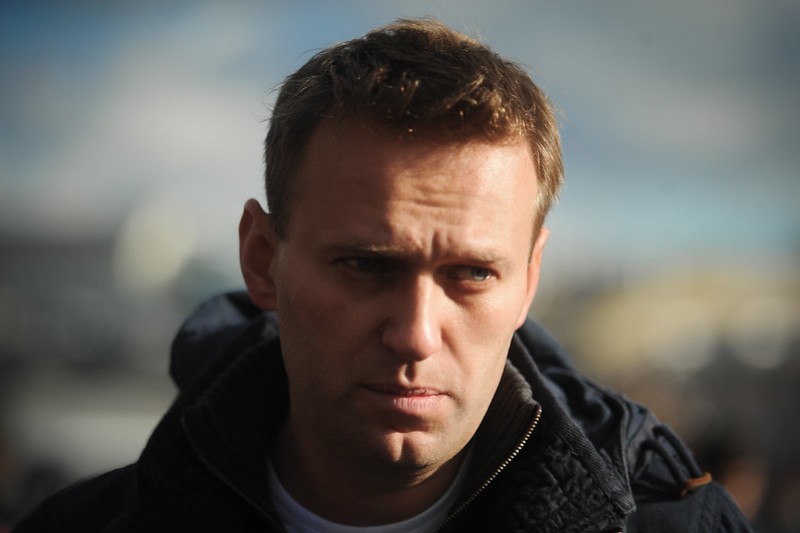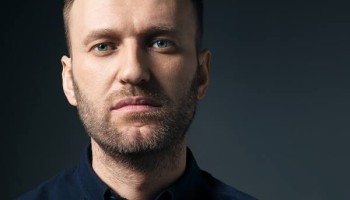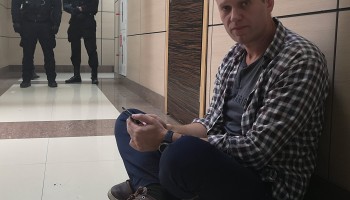“The European Union reiterates its call on Russia to fulfill its obligations under the European Convention on Human Rights, including to comply with the interim measure of the European Court of Human Rights requiring that Navalny be immediately released from prison,” the EU High Representative for Foreign Affairs and Security Policy, Joseph Borrell, said in a statement.
Borrell said that the EU continues to strongly condemn the attempted assassination of Navalny who was poisoned with a military chemical nerve agent from the Novichok group.
He also stressed that the EU called on the Russian Federation to “abide by its commitments under the Chemical Weapons Conventions to investigate it in full transparency and without further delay, and to fully cooperate with the Organization for the Prohibition of Chemical Weapons (OPCW)” in the Navalny case, and reminded that the EU has imposed sanctions against six senior Russian officials and one entity over the poisoning.
Navalny’s poisoning became evident on a domestic flight to Moscow, a risky position for anybody, given that medical assistance could not be supplied until an emergency landing in Omsk. Under intense international pressure, Navalny was then taken to Berlin, Germany, for treatment.
Navalny was arrested immediately upon his return to Russia, and was moved from one prison to another, to end up in the IK-6 Federal Penitentiary Colony in the village of Melekhovo, known as the country’s scariest jail. He has been imprisoned for more than 580 days.
The EU, according to Borrell, holds “the Russian authorities responsible for Navalny’s safety and health in the strict regime colony.”
In an attempt to silence the incarcerated opposition leader and his followers, Russian authorities declared his Anti-Corruption Foundation and its regional offices as “foreign agents” and an “extremist group”.
“We deplore the outlawing of Navalny’s organization and his regional offices as so-called “extremist groups”, as well as continuous persecution and imprisonment of Navalny and his team members,” said Joseph Borrell.
He stressed that the EU regrets seeing Russia’s unjustifiable, unprovoked, and unlawful war on Ukraine, which has further exacerbated the country’s domestic repression and systematic crackdowns on the Kremlin’s loudest critics and civil society as a whole.






